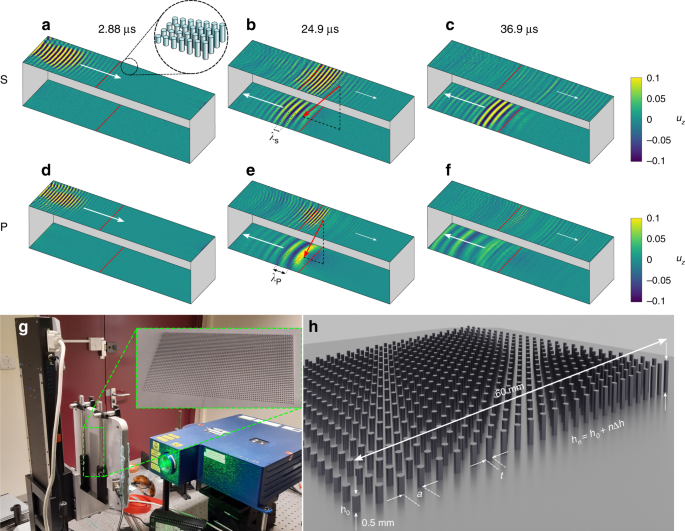- Select a language for the TTS:
- UK English Female
- UK English Male
- US English Female
- US English Male
- Australian Female
- Australian Male
- Language selected: (auto detect) - EN
Play all audios:
ABSTRACT Mammals have two major isoforms of acetyl-CoA carboxyase (ACC). The 275 kDa β-form (ACCβ) is predominantly in heart and skeletal muscle while the 265 kDa α-form (ACCα) is the major
isoform in lipogenic tissues such as liver and adipose tissue. ACCα is thought to control fatty acid oxidation by means of the ability of malonyl-CoA to inhibit carnitine palmitoyl-CoA
transferase-1 (CPT-1), which is a rate-limiting enzyme of fatty acid oxidation in mitochondria. Previously, it was reported that MyoD and other muscle regulating factors (MRFs) up-regulate
the expression of ACCβ by interactions between these factors and several cis-elements of ACCβ promoter. We described here that ACCβ expression mediated by MRFs is regulated by retinoic
acids. Endogenous expression of ACCβ in differentiated H9C2 myotube was significantly increased by retinoic acid treatment. However, on transient transfection assay in H9C2 myoblast, ACCβ
promoter activity was suppressed by RXRα and more severely by RARα. These effects on ACCβ expression in myoblasts and myotubes by RXRα and RARα seem to be mediated by their interactions with
MRFs because no consensus sequence for RXRα and RARα has been found in ACCβ promoter and retinoic acid receptors did not affect this promoter activities by itself. In transient transfection
in NIH3T3 fibroblast, the activation of ACCβ promoter by MyoD, main MRF in myoblast, was significantly suppressed by RARα and to a less extent by RXRα while the RXRα drastically augmented
the activation by MRF4, major MRF in myotube. These results explained that retinoic acids differentially affected the action of MRFs according to their types and RXRα specially elevates the
expression of muscle specific genes by stimulating the action of MRF4. SIMILAR CONTENT BEING VIEWED BY OTHERS TAZ LINKS EXERCISE TO MITOCHONDRIAL BIOGENESIS VIA MITOCHONDRIAL TRANSCRIPTION
FACTOR A Article Open access 03 February 2022 EXERCISE INCREASES MEF2A ABUNDANCE IN RAT CARDIAC MUSCLE BY DOWNREGULATING MICRORNA-223-5P Article Open access 02 September 2023 ACTIVATION OF
IGF-1 PATHWAY AND SUPPRESSION OF ATROPHY RELATED GENES ARE INVOLVED IN _EPIMEDIUM_ EXTRACT (ICARIIN) PROMOTED C2C12 MYOTUBE HYPERTROPHY Article Open access 24 May 2021 ARTICLE PDF AUTHOR
INFORMATION AUTHORS AND AFFILIATIONS * Department of Biochemistry and Molecular Biology, Yonsei University College of Medicine, Seoul, 120-752, Korea Ju-Youn Kim Authors * Ju-Youn Kim View
author publications You can also search for this author inPubMed Google Scholar * Jae-Jung Lee View author publications You can also search for this author inPubMed Google Scholar *
Kyung-Sup Kim View author publications You can also search for this author inPubMed Google Scholar RIGHTS AND PERMISSIONS This is an Open Access article distributed under the terms of the
Creative Commons Attribution Non-Commercial License (http://creativecommons.org/licenses/by-nc/3.0/) which permits unrestricted non-commercial use, distribution, and reproduction in any
medium, provided the original work is properly cited. Reprints and permissions ABOUT THIS ARTICLE CITE THIS ARTICLE Kim, JY., Lee, JJ. & Kim, KS. Acetyl-CoA carboxylase β expression
mediated by MyoD and muscle regulatory factor 4 is differentially affected by retinoic acid receptor and retinoid X receptor. _Exp Mol Med_ 35, 23–29 (2003).
https://doi.org/10.1038/emm.2003.4 Download citation * Published: 01 February 2003 * Issue Date: 01 February 2003 * DOI: https://doi.org/10.1038/emm.2003.4 SHARE THIS ARTICLE Anyone you
share the following link with will be able to read this content: Get shareable link Sorry, a shareable link is not currently available for this article. Copy to clipboard Provided by the
Springer Nature SharedIt content-sharing initiative KEYWORDS * acetyl-CoA carboxylase * muscles * MyoD protein * receptors * retinoic acid * retinoids * transcription factors









